Foreign exchange
Dollar/won in wildest swing in 13 yrs despite intervention
S.Korea has spent $67 billion to buy the won since Q3, 2021: Bank of Korea deputy governor dismisses further tightening for now
By Oct 06, 2023 (Gmt+09:00)
3
Min read
Most Read
LG Chem to sell water filter business to Glenwood PE for $692 million


Kyobo Life poised to buy Japan’s SBI Group-owned savings bank


KT&G eyes overseas M&A after rejecting activist fund's offer


StockX in merger talks with Naver’s online reseller Kream


Mirae Asset to be named Korea Post’s core real estate fund operator


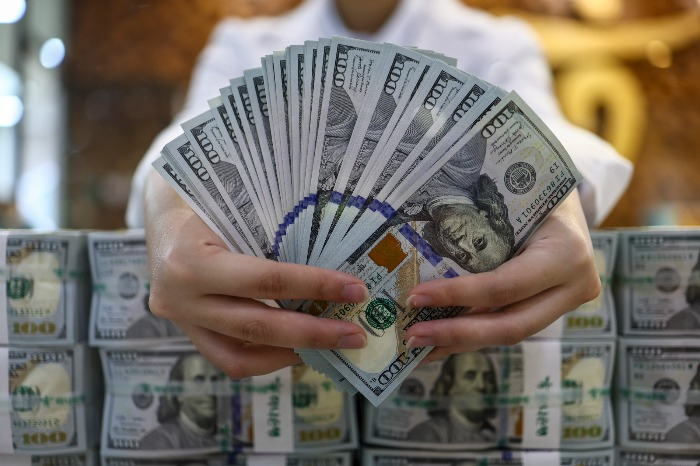
The South Korean won suffered its wildest fluctuation against the dollar this year since 2010, shrugging off heavy dollar-selling intervention by local authorities, leading to a drop in the country’s foreign currency reserves.
The won has been on a downward spiral since 2021 as investors flocked to safe-haven assets following the onset of COVID-19.
Moreover, the increased volatility in the dollar/won exchange market kept Korean authorities on alert and pushed them to sell more dollars than in previous years to prop up the won.
Since the start of this year, the dollar/won rate has gyrated by 8.41 won a day on average, according to the Bank of Korea (BOK) and the Seoul Money Brokerage Services.
It is the biggest intraday fluctuation since 2010, when its daily gyration averaged 9.46 won in the aftermath of the global financial crisis.
That compared to the average fluctuation of 8.37 won in 2022 and 5.17 won in 2021.
On Oct. 4, the Korean won hit an 11-month low of 1,360 per dollar. On Friday it recouped part of the losses to close at 1,349.9.
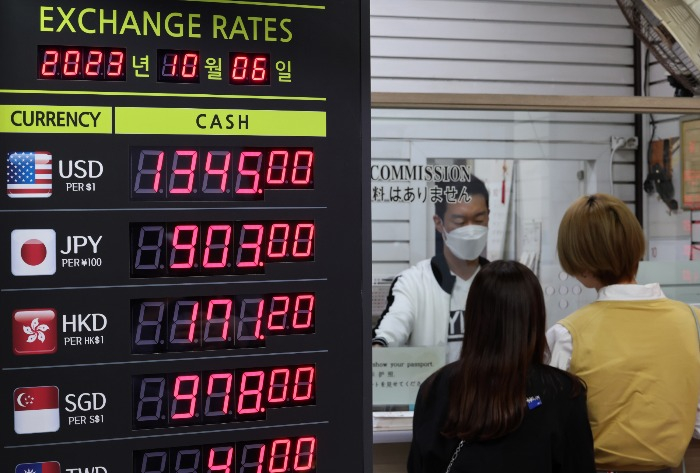
On Sept. 26, the dollar/won rate swung by 11.7 won, higher than the average of 8.41 won so far this year.
The increased gyration was blamed on the growing influence of US financial policies in the domestic market amid the widening interest rate differential between the US and South Korea.
Growing economic uncertainty over China, South Korea’s largest trading partner, also weighed on the Korean won, coupled with slow export growth.
Due to these factors, the value of the won fell more significantly when the dollar strengthened and maintained relative weakness even when the dollar dropped in value.
In March, the local forex market suffered the heaviest swing this year. On March 23 alone, in particular, the dollar/won rate fluctuated by 23.7 won in intraday trade.
Based on the closing level, the dollar/won volatility rate widened by 61%, or 5.86 won, since the start of this year until Oct. 5.
That compared with 6.52 won in 2022 and 3.63 won in 2021.
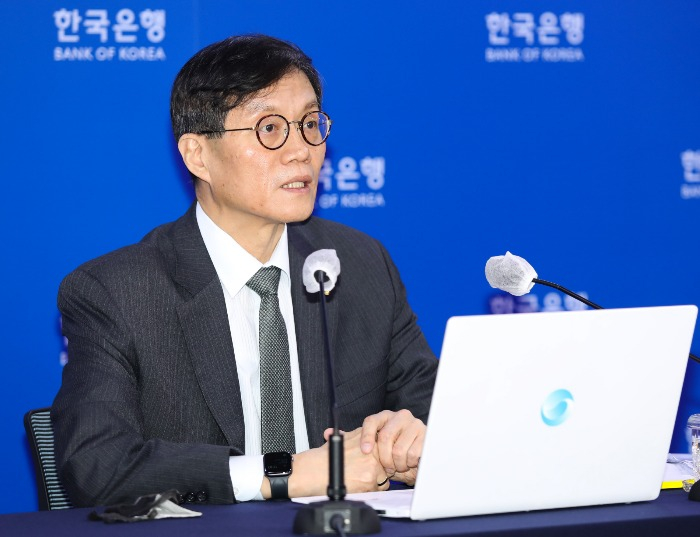
DOLLAR SELLING INTERVENTION
It sold a net $5.97 billion in dollars in the second quarter of this year.
Last year, it stepped up intervention, offloading a net $17.54 billion in dollars in the third quarter of 2022, when the dollar/won rate topped the 1,400 threshold.
It was the largest-ever net selling of dollars by local forex authorities for a single quarter since the BOK started disclosing the relevant data in the third quarter of 2019.
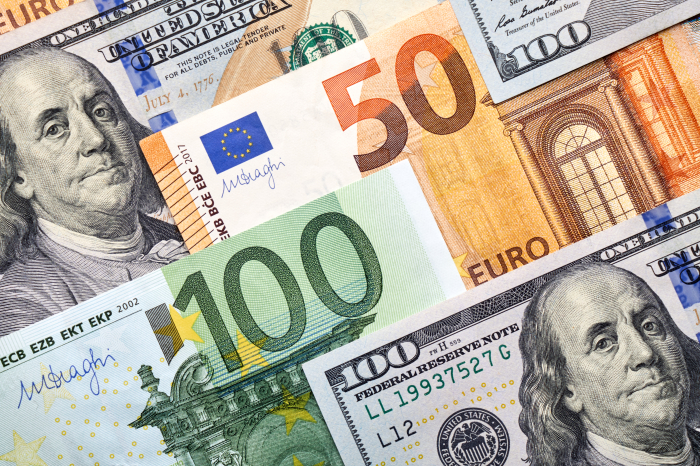
DECREASE IN FOREIGN EXCHANGE RESERVES
South Korea is believed to have continued dollar-selling intervention in the third quarter, given the decrease in foreign exchange reserves.
The country's foreign exchange reserves dwindled by $4.18 billion to $414.12 billion as of the end of September from a month before. At the end of 2022, the reserves stood at $423.16 billion.
A Bank of Korea official said the decreased conversion value of other foreign currencies and measures to ease foreign exchange market volatility dented the reserves.
Despite the intervention, however, the won weakened about 3% to the dollar last month.
Some market traders said the dollar/won could test the 1,400 resistance in the near term in anticipation of longer-than-expected US high interest rates.
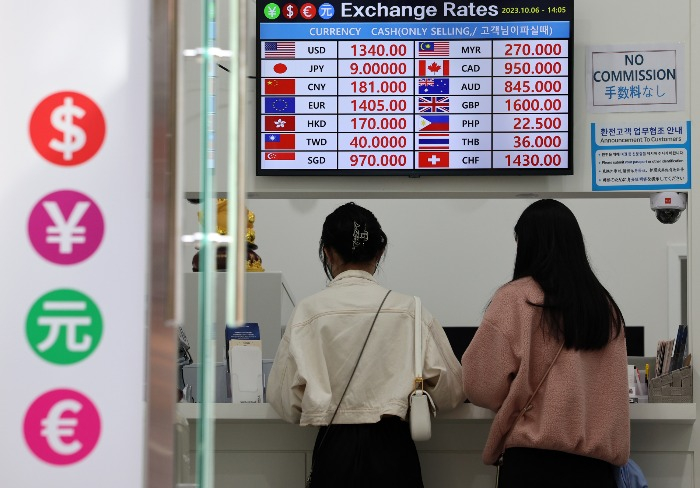
HEAVY CAPITAL OUTFLOWS?
Economists and Bank of Korea officials said the heavy fluctuations in the dollar/won exchange market would not lead to massive capital outflows from South Korea.
“The recent widening interest rate gap between Korea and the United States appears to be offset by active exchange rate adjustments rather than causing capital movement,” said Hur Joonyoung, a professor in the College of Economics at Sogang University.
Bank of Korea’s Deputy Governor Ryoo Sang-dae echoed the view. He told reporters on Friday the interest rate differential between the two countries was being priced in their exchange rate.
Asked whether South Korea needs to step up tightening to catch up to the US policy efforts to tame inflation, he said: “We are not in that situation yet.”
Write to Jin-gyu Kang at josep@hankyung.com
Yeonhee Kim edited this article.
More to Read
-
 MarketsKorean bond market squeezed by maturing debt, new issues
MarketsKorean bond market squeezed by maturing debt, new issuesOct 05, 2023 (Gmt+09:00)
3 Min read -
 MarketsKorea markets melt as Fed officials foresee longer-than-expected high rates
MarketsKorea markets melt as Fed officials foresee longer-than-expected high ratesOct 04, 2023 (Gmt+09:00)
5 Min read -
 Foreign exchangeFed-triggered taper tantrum takes toll on Korean financial markets
Foreign exchangeFed-triggered taper tantrum takes toll on Korean financial marketsSep 26, 2023 (Gmt+09:00)
4 Min read -
 Central bankKorean financial markets tumble as Fed signals higher rates
Central bankKorean financial markets tumble as Fed signals higher ratesSep 21, 2023 (Gmt+09:00)
5 Min read
Comment 0
LOG IN


